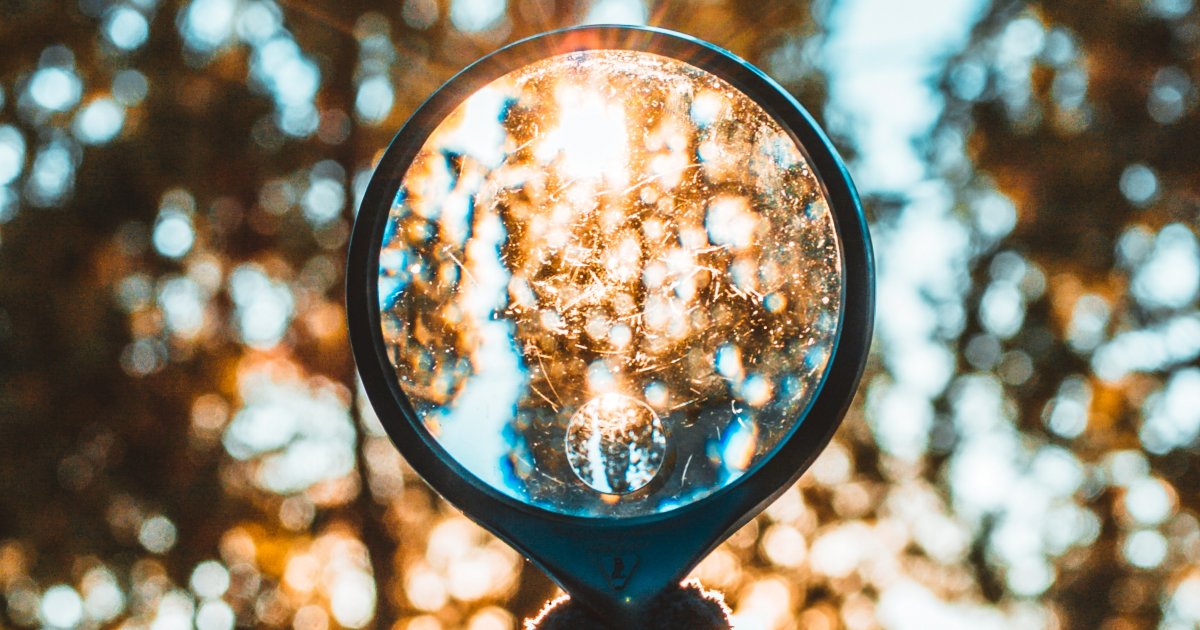COVID-19 Cases In Houston, Texas
- Top cancer hospital, MD Anderson, in Houston, has been asked to take in cancer patients who tested positive for COVID-19 due to a surge in cases and neighboring public hospitals which have no more available beds
- MD Anderson’s taking in more patients may lead some current patients to question whether their treatments will be impacted.
- Oncologists say it’s extremely important that patients be aggressive in asking for treatment, and share fear and concerns with their oncologists
Because #cancer patients are uniquely vulnerable to #COVID19, we’re going above and beyond to keep our patients safe.
Here’s how: https://t.co/lpRXLAqK4S @WTereffeMD #endcancer— MD Anderson Cancer Center (@MDAndersonNews) June 4, 2020
When COVID-19 cases surged, fortunately many cancer centers were able to quickly adjust. Oncologists have prioritized virtual resources such as telemedicine as a way for patients to recieve treatment. However In order to detect diseases such lung or breast cancer, in person scans are needed and oncologists often must physically examine a patient by listening to their lungs or feeling their breasts for lumps.
While some elective surgeries have been delayed across the country, it’s important that you talk to your oncologist about whether hands-on treatment and screenings are possible, as patients who are in need of immediate surgery may be able to access treatment. If you’re scared about delaying surgery, talk to your doctor about it immediately.
Dr. Brieze Keeley Bell explains when to stay home amid COVID-19, and when to call your doctor
How Oncologists Have Handled COVID-19 And Cancer Care
In dozens of conversations with oncologists around the country, SurvivorNet has found that top physicians have very quickly started to adapt how they treat patients while meeting the new demands created by the pandemic.
Additionally, experts say that in certain circumstances surgeries will be considered and some clinical trials are still accepting participants. Of course, exceptions to restrictions are made on a case-by-case basis. Surgeons are trying to use data from previous studies to guide their decisions around changing the order of treatment, in some cases employing medicines before surgery. In early stage breast and lung cancer, practitioners tell SurvivorNet that many patients will not necessarily do worse when chemotherapy is given first and surgery is delayed.
Related: Can I Swim? Go to the Beach? Summer Guide for Cancer Patients During the COVID-19 Pandemic
Despite disruptions in cancer treatment and research, a top lung cancer surgeon in New York City says that his patients are making it through. "Patients are doing surprisingly well," Dr. Brendon Stiles, a thoracic surgeon at Weill Cornell Medical Center, tells SurvivorNet. "There's obviously a lot of anxiety out there among the people we treat."
Dr. Brendon Stiles says his lung cancer patients are doing well amid COVID-19
Managing Anxiety During The Coronavirus Pandemic
Dr. Marianna Strongin, a clinical psychologist and founder of Strong In Therapy, has been helping the SurvivorNet community by sharing coping mechanisms and a structured way to think about handling heightened anxiety during COVID-19. Dr. Strongin says that one of the main causes of anxiety is uncertainty about life, and the outbreak is fueling anxiety for individuals because of the lack of answers about the virus. Many people will turn to media platforms for answers, but Dr. Strongin says that individuals often end up with more questions as a result which leads to more anxiety.
The first step for coping during stressful circumstances is understanding one's anxiety. To do this, Dr. Strongin suggests checking in with oneself everyday to see where the anxiety is manifesting and what questions are causing the anxiety. From there, it's important to answer those questions and reassure oneself with positivity.
Dr. Marianna Strongin shares helpful tips in managing increased anxiety during COVID-19
Additionally, many people are turning to news channels to find answers to questions they might have. Dr. Strongin says that in many cases, watching the news can increase one’s fear and anxiety as it often leaves people with more questions.
Related: Fear, Anger, Anxiety You're Entitled To Your Emotions
"Similarly to a cancer diagnosis, people go on the internet looking for an answer and not looking for their doctors to answer it, and what they come out with are more questions," Dr. Strongin says. "More questions equal more anxiety. So, let's all figure out what the question is, and if we can't answer it ourselves, and we can't self-soothe ourselves, let's look for a doctor that can provide us with the facts."
Learn more about SurvivorNet's rigorous medical review process.


